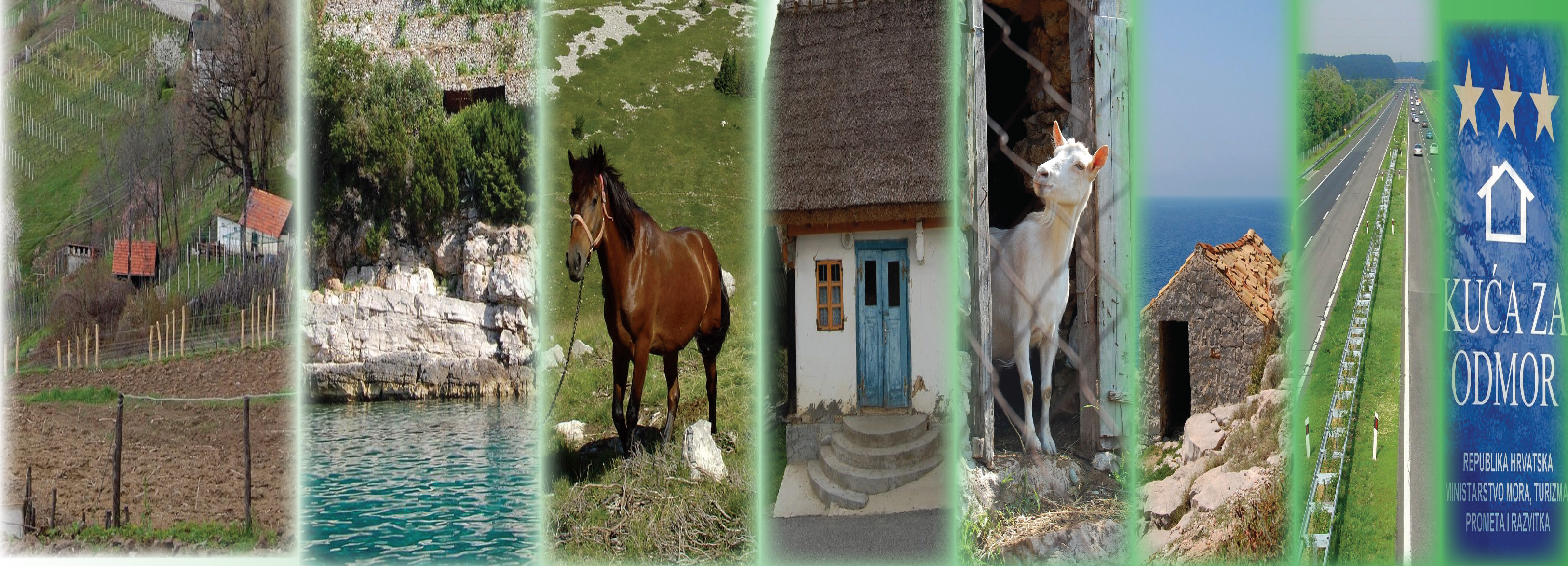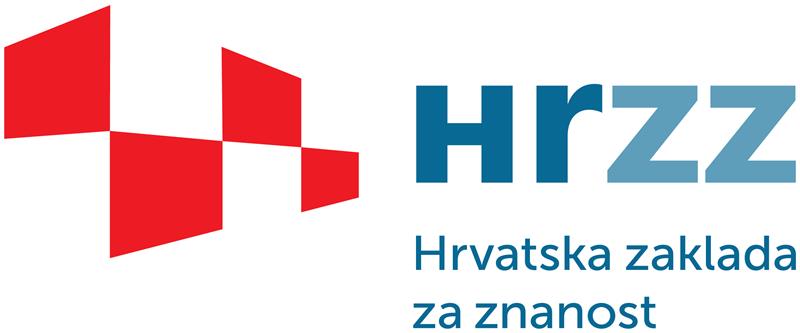Croatian Rural Areas: Scenario-based Approach to Discuss Planning and Development (CRORURIS)
Fund sources: Croatian Science Foundation
Duration: 1.10.2014 - 30.9.2017
Project leader: Associate professor Aleksandar Lukić, PhD
Funds: 497.884,28 HRK
Project number: UIP-2013-11-4513
SUMMARY:
The aim of the CRORURIS project is to create a series of alternative scenarios for Croatian rural areas in 2030, with the objective of stimulating informed and evidence-based public debate on their future. Rural areas, after decades of an urbanocentric view to space, are again today becoming an important topic in academic, political and public discourse. Faced with increasingly frequent and unpredictable crises, natural hazards and health issues arising from the uncontrolled pressure of human society to environment, awareness is growing of the importance of rural areas for food production and for the preservation of key natural resources, particularly fresh water. Awareness is also growing of the fact that rural areas are key in many other important functions, such as business activities, nature conservation, as locations for large infrastructural and energy facilities, and as leisure and tourism areas.
With regard to their size, population, functions they serve, and wide range of challenges they face, the issue of the future of rural areas is one of the most important issues in Europe today. This is evident from a series of scenario-based approaches applied in the study of future trends in rural areas of Europe, both in the academic and political discourse, at both the national and the EU level (e.g. SCENAR 2020, EURURALIS, etc.). Nevertheless, though most rural areas in Croatia are dealing with immense demographic and economic challenges, to the extent of our knowledge, no scenario-based research had been conducted to date. Therefore, the main goals of the CRORURIS study were to: 1. develop a conceptual framework to understand the recent changes in rural Croatia; 2. develop a methodological framework to recognise the overwhelming trends and key uncertainties, differentiating them geographically and projecting them using statistical modelling and the Delphi method, and 3. construct alternative future scenarios and connect them with the rural Europe context.
The result of the project was four scenarios of Croatia’s rural areas in 2030, with the accompanying typologies: Rural Renaissance, The Turnaround, On the Way Down, and Growth without Development. In addition to scientific publications, an internet atlas of rural areas of Croatia has been developed and is accessible at: https://croruris.giscloud.com/.

 Pristupačnost
Pristupačnost
